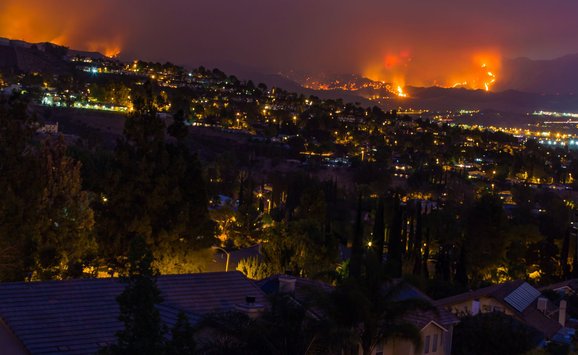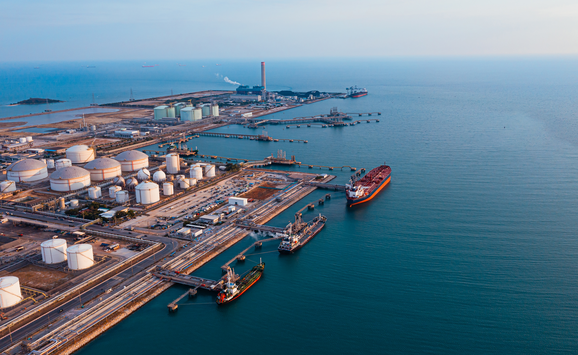Far too often the emphasis in resource studies [in Canada] is on the physical and engineering aspects—to the neglect of the economic and social.
The studies of the Fraser River Board, a joint federal-provincial agency, have so far been on the engineering aspects only. The fisheries' interest continues to conflict with that of power. But in fisheries research the emphasis has been on biological problems. With power it has been largely engineering. It is unlikely that any river basin will be developed to the best advantage of the general public unless compromises are accepted among the various resource jurisdictions. Certainly, physical and engineering solutions are not enough on which to base political decisions which may have very important effects on the local or national economy and on the kind of society in which our people live.
Pollution has become a serious problem. Increasing population and industrial expansion have increased the demands on both air and water, and are fouling both. The pouring out of fumes and raw waste has reduced the usefulness of what should be pure sources. Only minor steps have been taken to resolve these problems.
The encroachment of urban housing—or sprawl in many cases —onto good agricultural land is becoming a serious problem to regional planners. Is this consistent with increasing requirements for food supplies? Should not land use be planned over a wider area than municipal boundaries before we find that the land best suited for one purpose is being used beyond reclaim for another? Are we really content to accept the Los Angelization of our countryside? Hugh L. Keenleyside in a paper given at the Resources for Tomorrow Conference in Montreal. October 1961. Mr. Keenleyside, an RFF director, is chairman of the British Columbia Power Commission.




